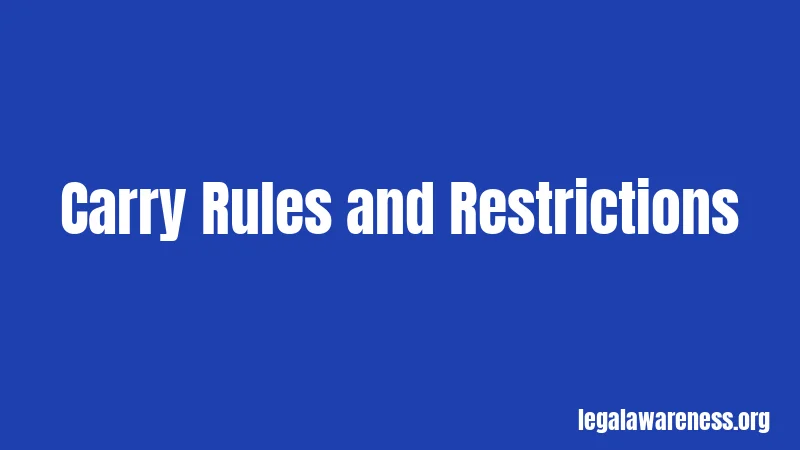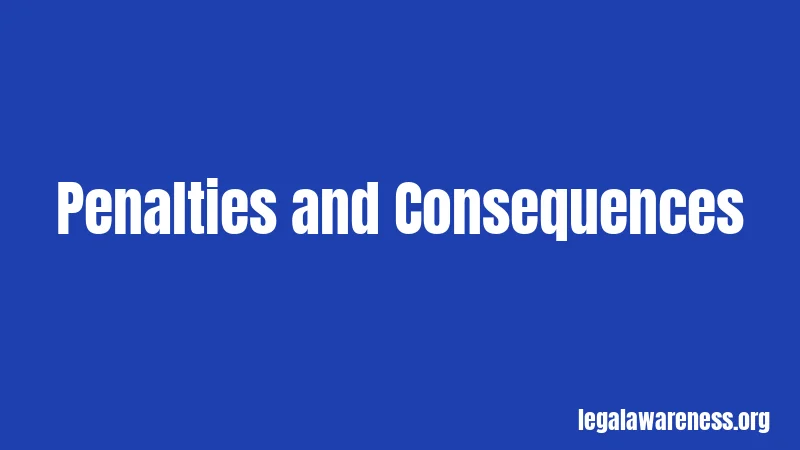Knife Laws in Massachusetts 2026: What You Need to Know
Massachusetts knife laws changed dramatically in 2024 and 2025. The state went from having some of the strictest knife rules in America to allowing many more types of knives.
If you own or carry knives in Massachusetts, you need to understand these new laws to avoid serious legal trouble.
What Are Massachusetts Knife Laws?

Massachusetts knife laws are rules about which knives you can own and carry. These laws exist to keep people safe while protecting your right to have useful tools.
The main law is found in Massachusetts General Laws Chapter 269, Section 10. This law was written in one very long sentence with almost 400 words. It lists which knives are banned and what happens if you break the rules.
The biggest change happened on August 27, 2024. The Massachusetts Supreme Judicial Court ruled that banning switchblades violates the Second Amendment. This made many automatic knives legal again after being banned since 1957.
Basic Knife Laws in Massachusetts
Legal Knives You Can Own and Carry
Most common knives are legal in Massachusetts. You can own and carry:
- Folding knives (pocket knives) of any blade length
- Kitchen knives and household cutting tools
- Hunting knives for legitimate sporting purposes
- Box cutters and utility knives (with some restrictions)
- Multi-tools like Swiss Army knives
- Fixed blade knives (except double-edged ones)
Automatic Knives Are Now Legal (With Rules)
Since August 2024, you can legally carry switchblades and automatic knives. The 2025 updates made the rules even clearer:
- Adults 21 and older can carry automatic knives with blades under 3 inches
- This includes switchblades, out-the-front (OTF) knives, and spring-assisted knives
- You must be 21 or older to buy or carry these knives
- The blade must be less than 3 inches long
Knives That Are Still Illegal
Some knives remain completely illegal to carry in Massachusetts:
- Stilettos (thin, pointed knives designed for stabbing)
- Daggers (knives designed primarily as weapons)
- Double-edged knives (knives sharpened on both sides)
- Ballistic knives (knives that shoot out blades)
- Dirk knives (long, straight knives designed for thrusting)
- Knives with brass knuckles attached
You cannot carry these knives anywhere in Massachusetts. Even owning them can get you in trouble.
Carry Rules and Restrictions

Open Carry vs. Concealed Carry
Massachusetts allows open carry of legal knives. This means you can carry a legal knife where others can see it. However, you must be careful not to threaten anyone or cause fear.
Concealed carry is much more restricted. Hiding a knife that could be considered a “dangerous weapon” is illegal. The law looks at your intent and how you carry the knife.
What Makes a Knife a “Dangerous Weapon”
Even legal knives can become illegal if:
- You carry them with intent to hurt someone
- You use them to threaten others
- You carry them during the commission of a crime
- The circumstances show you plan to use them as weapons
The key is intent. Carrying a kitchen knife to work at a restaurant is legal. Carrying the same knife to threaten someone is illegal.
Location Restrictions
Places Where ALL Knives Are Banned
Massachusetts bans all knives in certain places, no matter what type:
- Schools (all levels, from elementary through university)
- Within 300 feet of school grounds
- Government buildings and courthouses
- Airports and secure transportation areas
- Prisons and jails
Breaking these rules can result in a $1,000 fine and up to 2 years in prison.
Public Events and Gatherings
Many public events ban knives for safety reasons. This includes:
- Concerts and festivals
- Sporting events
- Political rallies
- Parades and public celebrations
Always check event rules before attending with any knife.
Local City and Town Rules
Massachusetts allows cities and towns to make their own knife rules. Some cities have stricter rules than state law:
- Boston limits blade length to 2.5 inches for public carry
- Salem has additional knife restrictions
- Other cities may have their own rules
Always check local laws where you live or plan to visit.
Penalties and Consequences

First-Time Offenses
If you get caught with an illegal knife for the first time:
- You could face 6 months to 2.5 years in jail
- You might get fined up to $50 (if no prior felonies)
- The knife will be taken away
- You will have a criminal record
The exact penalty depends on the knife type and circumstances.
Repeat Offenses
Second and additional violations are much more serious:
- Minimum 5 years in prison
- Maximum 7 years in prison
- Larger fines
- Longer criminal record
School Zone Violations
Carrying any knife in schools or within 300 feet of school property:
- Up to $1,000 fine
- Up to 2 years in prison
- Possible expulsion if you are a student
Carrying During Other Crimes
If you have an illegal knife while committing another crime:
- Additional charges for the knife
- Longer prison sentences
- Higher fines
- More serious criminal record
Special Circumstances
Law Enforcement and Military
Police officers and military personnel have special exemptions. They can carry otherwise illegal knives while on duty. This does not apply to off-duty situations unless specifically authorized.
Work-Related Uses
Some jobs require knives for legitimate purposes:
- Construction workers with utility knives
- Fishermen with filleting knives
- Chefs with kitchen knives
- Emergency responders with rescue tools
You must show the knife is truly needed for your job. Carrying it outside work hours may still be illegal.
Self-Defense Considerations
Massachusetts allows you to carry legal knives for self-defense. However:
- The knife must be legal to carry
- You cannot threaten others with it
- You can only use it if truly necessary for protection
- Using excessive force is still illegal
How to Stay Legal with Massachusetts Knife Laws
Know Your Knife Types
Before buying or carrying any knife:
- Research what type it is
- Check if it falls into banned categories
- Measure the blade length
- Understand how it opens
Check Local Rules
Massachusetts has no statewide preemption law. This means:
- Cities can make stricter rules than state law
- Check rules in every city you visit
- Boston, Salem, and other cities have additional restrictions
- When in doubt, follow the strictest rules
Carry Responsibly
When carrying any legal knife:
- Keep it visible if possible (open carry is safer legally)
- Do not threaten or intimidate others
- Use it only for legitimate purposes
- Store it safely when not in use
Stay Updated on Law Changes
Knife laws continue to evolve:
- The 2024 court ruling changed everything for automatic knives
- 2025 legislation added new details
- More changes may come in the future
- Follow reliable legal sources for updates
Frequently Asked Questions
Can I carry a pocket knife in Massachusetts?
Yes. Folding pocket knives are legal to own and carry in Massachusetts with no blade length restrictions under state law.
Are switchblades legal in Massachusetts now?
Yes, adults 21 and older can legally carry automatic knives (switchblades) with blades under 3 inches since the 2024 court ruling and 2025 legislation.
Can I carry a kitchen knife to work?
Yes, if you legitimately need it for work purposes like cooking or food preparation. However, carrying it for any other reason could be illegal.
What happens if I get caught with an illegal knife?
You could face 6 months to 2.5 years in jail for a first offense, plus fines and a criminal record. Repeat offenses carry minimum 5-year prison sentences.
Can I bring a knife to school for a legitimate reason?
No. All knives are banned in schools and within 300 feet of school grounds, even for legitimate purposes, unless you have written authorization from school officials.
Final Thoughts
Massachusetts knife laws have become much more reasonable since 2024, but they are still complex. The key is understanding which knives are legal, where you can carry them, and how to use them responsibly.
Always remember that even legal knives can become illegal weapons if you use them to threaten others or carry them with criminal intent. When in doubt, choose a smaller, clearly legal knife and carry it openly for legitimate purposes.
Stay informed about local rules in your city or town, as they may be stricter than state law. Following these guidelines will help you stay on the right side of the law while exercising your rights responsibly.
